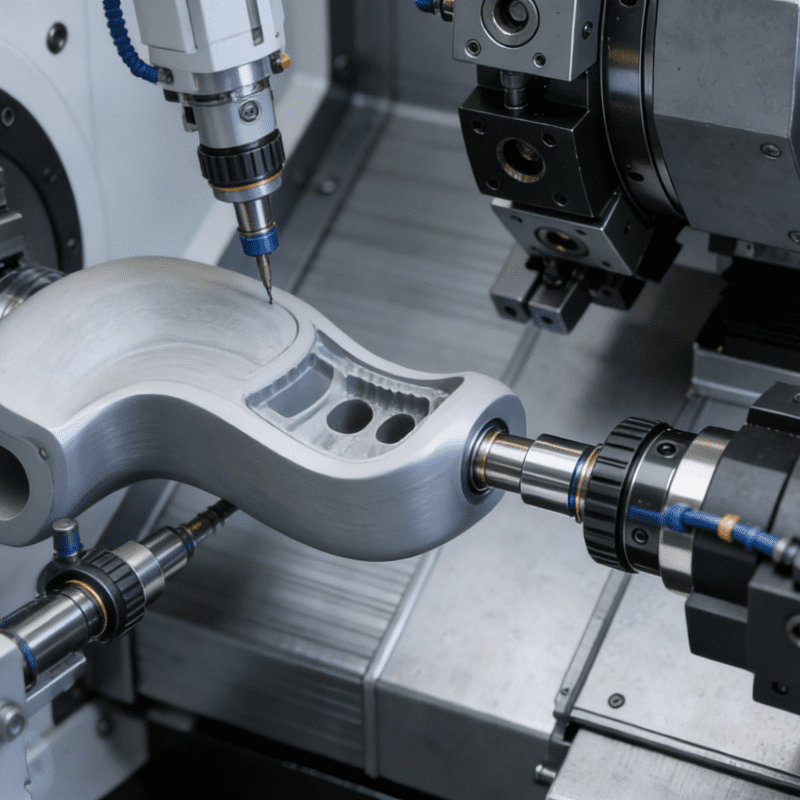NHS’s Sustainability Revolution: Reimagining Healthcare for a Century to Come

As the backbone of Britain’s social fabric, the National Health Service (NHS) has long been a symbol of universal care—free at the point of need, rooted in equity. But today, this 75-year-old institution stands at a breaking point. Demand is soaring: an aging population, complex chronic illnesses, and post-pandemic backlogs have pushed waiting lists to record highs, while funding constraints and staffing crises threaten its ability to deliver on its promise. Lord Darzi’s 2024 investigation laid bare the urgency: the NHS is in “critical condition,” caught between outdated systems and a world that expects faster, more personalized, and more sustainable care.
Enter the NHS’s 10-Year Health Plan—a bold blueprint to rewrite its future. More than a policy document, it’s a declaration of transformation: to move beyond Band-Aid fixes and rebuild the NHS as a global leader in sustainable, tech-driven healthcare. As UK Prime Minister Sir Keir Starmer puts it, “This is major surgery, not a plaster. The prize? A health service that serves generations to come.”
At the heart of the plan lie three seismic shifts, each woven with sustainability as a guiding thread. First, care will migrate from overstretched hospitals to community hubs, bringing services closer to homes and reducing the carbon footprint of endless hospital visits. Second, archaic paper records and fragmented systems will give way to a seamless digital ecosystem—powered by the NHS app, unified data platforms, and AI—that cuts waste, speeds diagnoses, and puts patients in control of their health. Third, the focus will pivot from treating illness to preventing it, using genomics, wearables, and predictive analytics to catch health risks before they escalate.
Sustainability, here, is not an afterthought but a core mission. The NHS aims to hit net-zero emissions by 2040 for direct operations, with solar panels on hospital roofs, energy-efficient facilities, and circular supply chains that slash medical waste. Its procurement overhaul—shifting from 20th-century laggard to 21st-century leader—will prioritize eco-friendly technologies and standardized, cost-effective supplies, ensuring every pound spent serves both patients and the planet.
Technology is the catalyst. The plan bets big on five transformative tools: data, AI, genomics, wearables, and robotics. Imagine a GP using AI to analyze a patient’s genetic risk for diabetes, paired with a wearable that tracks daily activity—enabling personalized prevention, not just treatment. Or robots assisting in surgeries, reducing human error and recovery times, while freeing nurses to focus on care, not paperwork. Over three years, training curricula will evolve to equip staff with these skills, ensuring technology serves people, not the other way around.
This revolution is deeply personal. For decades, the NHS has thrived on its promise: healthcare for all, regardless of means. The 10-Year Plan reaffirms that promise—but redefines what it means. It’s about a parent accessing mental health support for their child via a community hub, not a distant hospital. It’s about a senior monitoring their heart health with a wearable, avoiding ER trips. It’s about a system that heals the planet as it heals people.
As the NHS embarks on this journey, it’s not just fixing a broken model—it’s reimagining what healthcare can be: sustainable, equitable, and rooted in the simple truth that health is more than the absence of illness. For a service born to serve generations, this is more than a plan. It’s a pledge: to adapt, to innovate, and to keep its promise—for 100 years more.
#automation testing #automation engineer #automation personnel services



















